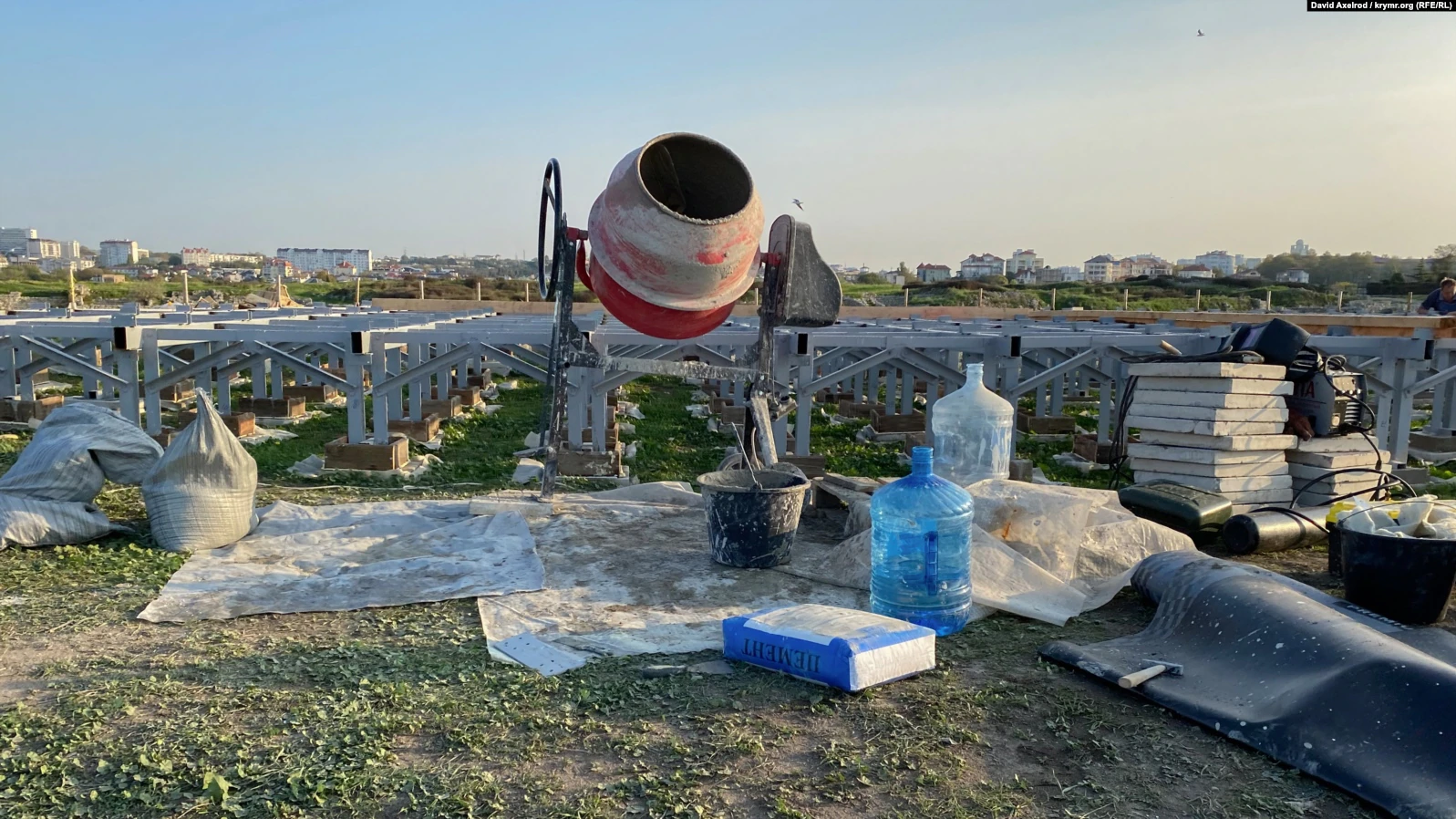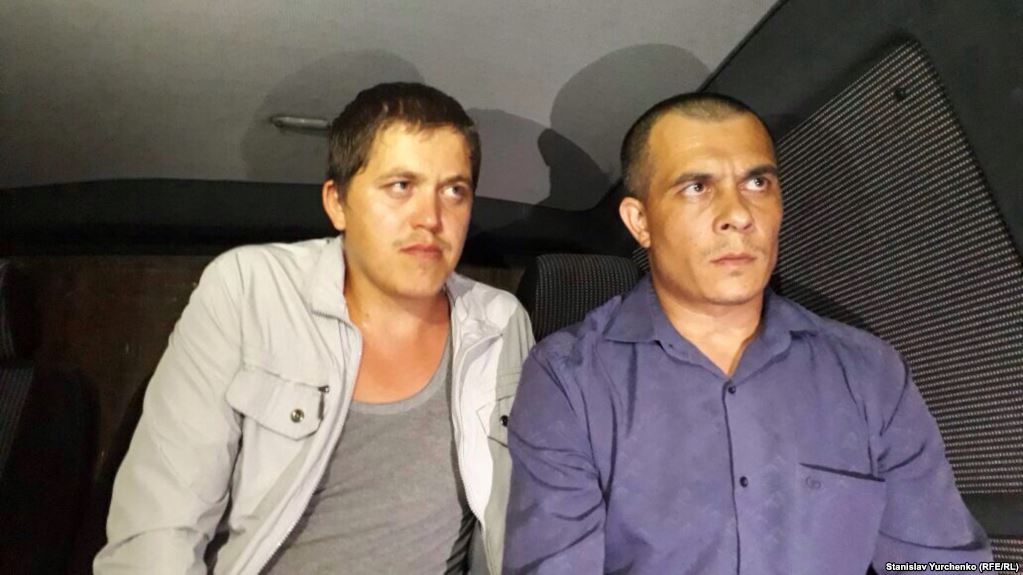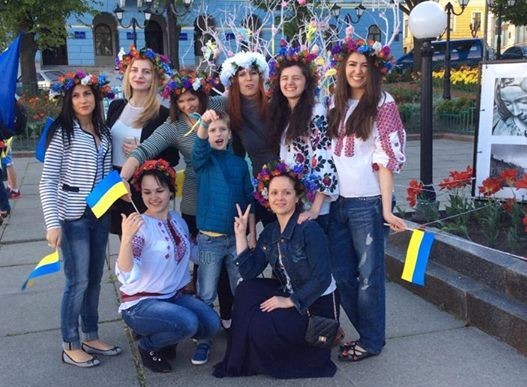From very beginning of its colonization of Ukraine in the late 17th century, imperial historical authorities have plundered Ukrainian churches, libraries, museums, and archeological sites for items of historical significance and illegally exported them to the colonial metropolises of Moscow and St. Petersburg. Some of the antiquities, such as Scythian gold, ancient church manuscripts and icons, and the relics of Kyivan princes, have been exhibited in Russian museums and churches and their history was re-written to suit the Russian narrative and legitimize Russian history and culture. Others were destroyed or locked away in secret archives.
As Zbigniew Brzezinski wrote in his book The Great Chessboard, “Without Ukraine, Russia ceases to be a Eurasian empire.” That is why Ukraine has a significant place in the Kremlin’s historical policy and is so important to the Kremlin.
Ukrainian historical experts have documented 150 violations of cultural heritage sites in occupied Crimea performed by the Russian authorities. This has been reported to QIRIM.News by the coordinator of the Crimean Institute for Strategic Studies, Elmira Ablyalimova
, who before the Russian occupation headed the Bakhchysarai Historical and Cultural Reserve in Crimea.

She also noted that a website with this information called "Violations against cultural property in Crimea" will officially launch in Kyiv this January 26th.
This platform will gather and share information about criminal activities against Ukrainian historical heritage in the occupied peninsula by Russian authorities. According to Ablyalimova, there are three types of such crimes:
- Exportation of items of historical heritage from Crimea by the occupying power
- Archaeological excavations by the occupying power
- Construction or restoration work by the occupying power that lead to the loss of historical authenticity.
She added that the issues of documenting such facts, as well as informing the Ukrainian society and Ukraine's international partners about them, were discussed at the discussion panel "Cultural Dimension of the Russian-Ukrainian Armed Conflict: State Policy and Instruments of Protection," which took place at the Diplomatic Academy of the Ukrainian Ministry of Foreign Affairs. Among other things, it was about the prosecution of violators of international humanitarian law.

According to Ablyalimova, an interdepartmental group will be created with the participation of historical experts, representatives of civic organizations, ministries of foreign affairs and culture, the office of the President's representative in the Autonomous Republic of Crimea, and other government agencies. She will be involved in the creation of an action plan for the protection of cultural heritage sites in the occupied Crimea.
Ablyalimova added that illegal archaeological excavations are being actively carried out in the occupied Crimea and antiquities are being illegally exported to Russian museums, in particular to the Hermitage Museum in St. Petersburg.
Read More:
- Moscow’s claims of ‘historic right’ to Crimea don’t stand up, Popov says
- Crimean history. What you always wanted to know, but were afraid to ask
- Grasping at straws: how the pro-Kremlin media tried to legitimize the illegal annexation of Crimea
- Russian occupiers continue to destroy history and culture of Crimean Tatars
- Crimea and the Crimean Tatars: Centuries of competing claims and forgotten history
- 7 myths driving Russia’s assault against the Crimean Tatars
- Russia tried to break the Crimean Tatars. Their non-violent resistance only grew stronger.
- How Moscow hijacked the history of Kyivan Rus’
- New book tells of sacred relics of Kyivan Rus appropriated by Russia
- Putin’s ‘appropriation’ of medieval Ukrainian princess reflects more than historical arrogance
- Alternative history: how Russia seeks to annex Kyivan Rus
- Dutch court rules “Scythian Gold” must be returned to Ukraine, not occupied Crimea
- Ukrainian Foreign Minister reminded his Russian counterpart what Russia was called until the 18th century
- Ukraine’s water blockade of Crimea should stay, because it’s working





